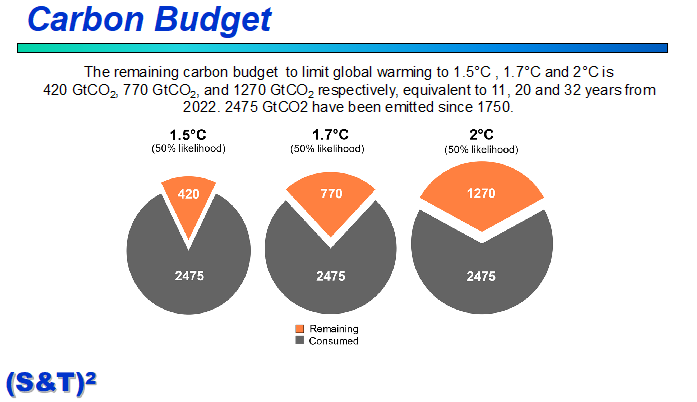

Do the names Thacker Pass or Salton Sea mean anything to you? Respectively in Nevada and California, they may become the epitome of what lies ahead for electromobility: controversy and eco-radical action.
These locations are targeted for lithium production in the U.S., a much welcome alternative for one of the leading countries in electric vehicle (EV) development, to prevent the emergence of another future OPEC of “rare metals”, so critical to electromobility battery technology, again outside of the Western economies, where EV has become THE miracle solution to the carbon footprint reduction of road transport, both individual (cars) and commercial (trucks).
Lithium is not that rare but is today extracted in countries that may not all be that friendly in the future: Australia (49% of the production today), Chile (22%), China (17%), Argentina (8%). And the Western part of the U.S. may hold significant reserves, estimated at 10% of the world potential. That would balance the U.S. EV market, local and export, and lithium supply for batteries, today mostly coming from China (107 out of the 142 plants). It looks like a home-shoring dream. Not so quickly, though.
Regulators and EV developers love to claim EV to be zero-emission, thus eligible as a “truly” sustainable solution for our future, compared to the “dubious” solution of biofuels, replete with worries and interrogations about competition with food, soil degradation and deforestation. While there is merit in this claim, in the driving phase for greenhouse gas (GHG) at least, if electricity is carbon-free, the consequences on the environment, natural and social, of the vehicle production phase, and most specifically of its powertrain and energy storage, tends to be often understated, if not swept under the carpet.
GHG emissions may not be the main issue in this step of the lifecycle, neither are they when the subject of battery disposal comes into discussion. But sustainability is not restricted to GHG emissions abatement. Several important criteria have to be respected, like rare resources exhaustion (rare metals or uranium for electricity generation, electric equipment and batteries), water management (scarcity, in the case of Thacker Pass, in the middle of a desert area on the Nevada-Oregon border, but also the risk of aquifer pollution from sulfuric acid disposal), work conditions (mining of cobalt in Congo), air quality (in the case of the Salton Sea, in the Imperial Valley, near the Mexican border, east of Palm Springs, the golf Mecca). The reader will refer to his/her favorite web search engine to dig out the various problems with electromobility equipment supply and the controversies they spur.
The European Commission just said rare metals sourcing should come from recycling and mining in Europe. Good luck with social acceptability. While NIMBY (Not In My Back Yard) has been popular for some time, BANANA (Build Absolutely Nothing, Anywhere, Near Anything) is the new hashtag, even more ominous.
What strikes me here is that these controversies are not coming from anti-EV individuals and organizations, eager to maintain the internal combustion engine up and running till Kingdom comes. No, they come from the ecologist movement itself, quite diverse in its interests and focus. In the case of Thacker Pass, the Deep Green Resistance movement has even edited a book called “Bright Green Lies: How the Environmental Movement Lost Its Way and What We Can Do About It,” in a nutshell opposing local eco-radicals to DC institutionalized activists, preferring de-growth, without EV, to green growth, with EV. Jokes on you, Greenpeace, who recently claimed that so-called sustainable aviation fuels was brazen greenwashing.
My takeaway from this? No secret glee at seeing the prankster pranked, far from it. We need debates and free speech to progress: fair, not dogmatic.
But acknowledging that every single human activity is fraught with negative consequences, progress can never be perfect, lest we come to a complete halt. Still, progress we need, especially in the fight against climate change, or, more precisely, in the fight to adapt to climate change consequences. So why don’t we stop this useless haggling about our best solution, lambasting the solutions that are not ours, and accept to look at the future ahead of us with an idea to implement the best available solutions available today, with a tacit agreement they may be made redundant tomorrow by novel solutions?
Abiding with the carbon budget we are dealt with today means acting today, with not perfect responses, like biofuels, or face dire consequences. Time is not on our side, we need to stop getting in our own way, as (S&T)2 Consultants Inc’s Don O’Connor was reminding us in a recent IEA Bioenergy/BC SMART webinar, where he shared this insightful slide.

Philippe Marchand is a Bioenergy Steering Committee Member of the European Technology and Innovation Platform (ETIP).